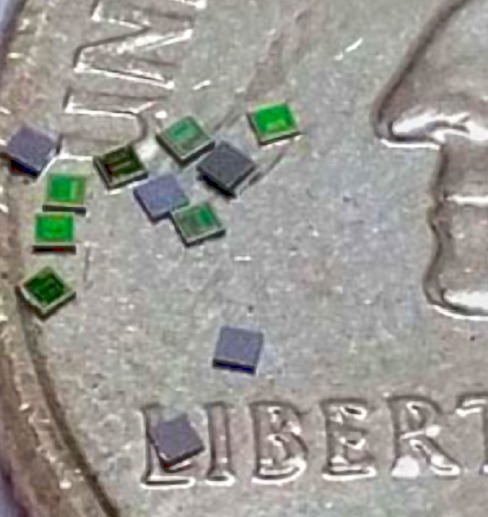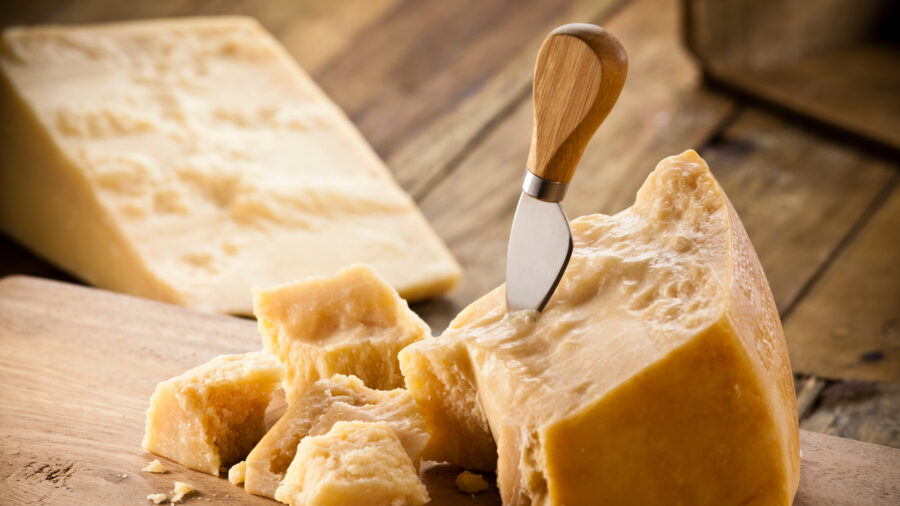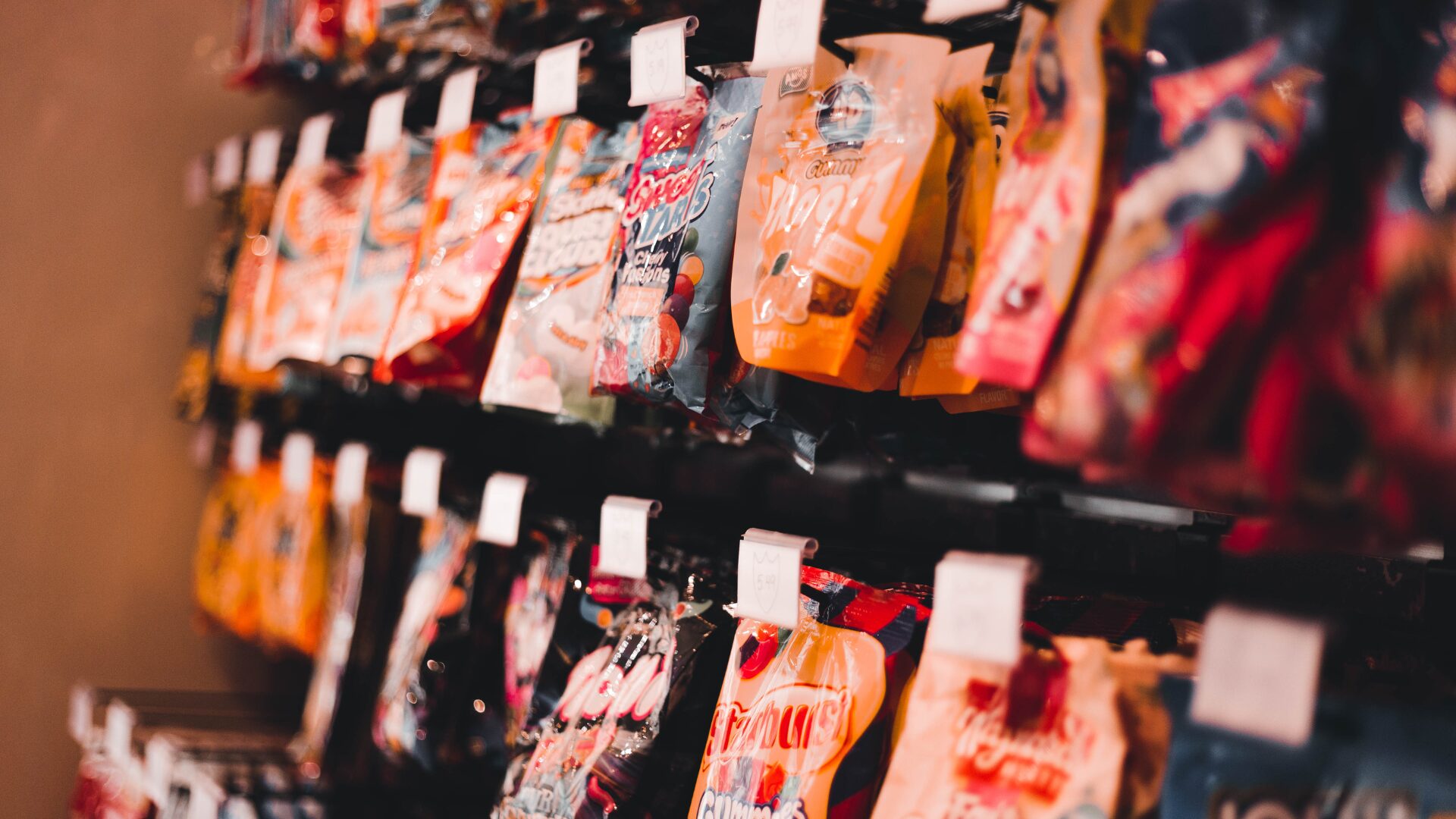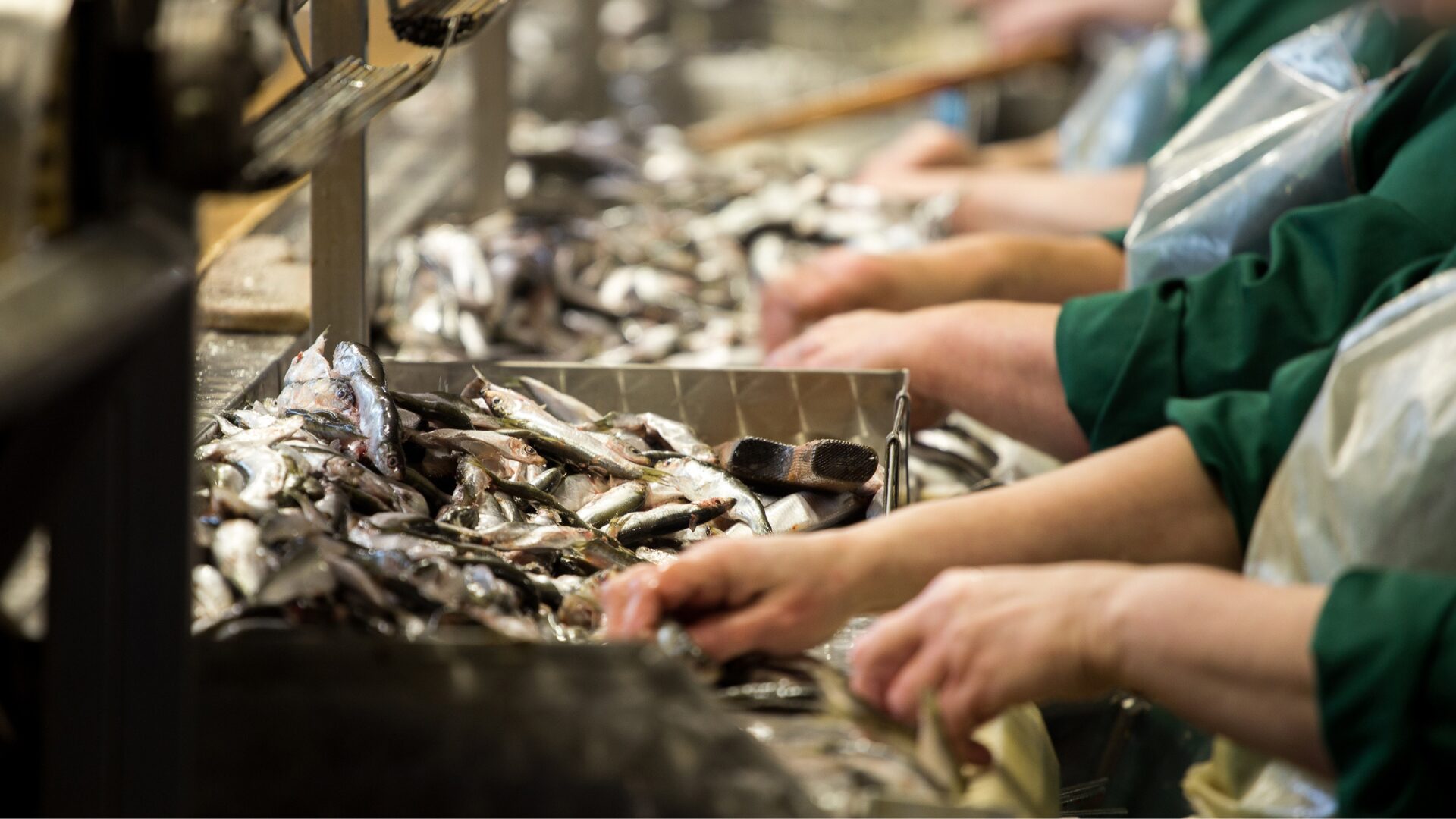Food counterfeiting has become a billion-dollar concern for entities that oversee the production of delicacies like Italian cheese, rare olive oil, and certain fish products.
“Supply chain transparency and food traceability are the enemies of counterfeiting,” Randall K. Fields, CEO of ReposiTrak, told The Food Institute.
One organization in Italy is going to great lengths to prevent food counterfeiting. Manufacturers of parmigiano reggiano, one of the most counterfeited cheeses in the world, are fighting back against lookalikes by adding microchips to the product. The move is the latest innovation from the Parmigiano Reggiano Consortium (PRC), which has been trying for a century to fight off cheaper imitations.
Italy’s prized parmigiano reggiano gained “protected designation of origin” status in 1996 and, under those rules, must be produced in a small region of northern Italy, as noted by The Guardian. Because of the strict rules in attaining that certification, such delicacies typically sell for high prices, making them an enticing market for copycats.
Now producers are testing microtransponders roughly the size of a grain of salt inserted into the labels on the rind of the 88-pound wheels of parmigiano reggiano. The chips work as scannable food tags that allow consumers to trace the product’s origins. The chips, made by the U.S. company p-Chip Corporation, are embedded directly into a QR code label, The Guardian reported.
“A good wheel of cheese can be pretty expensive, like jewelry,” Fields explained. “So, companies … are using things like RFID [radio-frequency identification] tags to protect their expensive products.”
Milestone Moment Awaits
The Food Safety Modernization Act Section 204(d) requires companies that manufacture, process, pack, or hold foods on the food traceability list to maintain Key Data Element records for specific events in a product’s journey through the supply chain. Companies must be compliant ahead of the FDA’s January 2026 deadline, prompting many industry leaders to prepare ahead of time, Fields said, adding:
“Once businesses begin to take on the idea of—and benefits of—food traceability, it’ll go beyond food safety. It will extend to preventing counterfeit products, contamination, etcetera.
“Consumers, retailers, manufacturers, distributors and suppliers will eventually track everything sold in the supermarket,” he said.

“I fear, by only embedding the chip in the [cheese’s] skin, it would be easy to access for removal or replacement,” said Waylon Sharp, VP of commercial operations North America, for Bureau Veritas. “The other item to consider is that, at some point, the chip will likely be rendered ineffective as the product is not normally sold to general consumers in full wheels. As it gets divided up, shaved, or grated, it introduces opportunities for food fraud at the end of the value chain.”
To ward off food counterfeiting, some companies are utilizing methods like chemical fingerprint analysis or assigning serial numbers to each product.
Erik Pham, CEO of HealthCanal, favors the “tried and tested strategy” of food companies signing exclusive retail and distribution agreements.
“In essence,” he explained, “you tell your customers that, if they want to buy your original brand, there are specific stores where they can go and get it. This may limit your distribution, but it helps to safeguard the authenticity of the brand.”
Despite such strategies, food counterfeiting persists. For now, at least.
“Companies are taking this seriously,” Fields said. “They know food traceability will be a required element of [the] food supply chain and, eventually, it will eliminate counterfeiting entirely.”
The Food Institute Podcast
Everyone in the food industry wants to crack the code on Gen Z, but what are the reasons behind the generation’s food purchases? Alpha-Diver president Hunter Thurman joined The Food Institute Podcast to discuss some surprising findings from the Gen Z edition of the Snack 50 report and some of the psychological components that pushes Gen Z towards certain products and brands.












